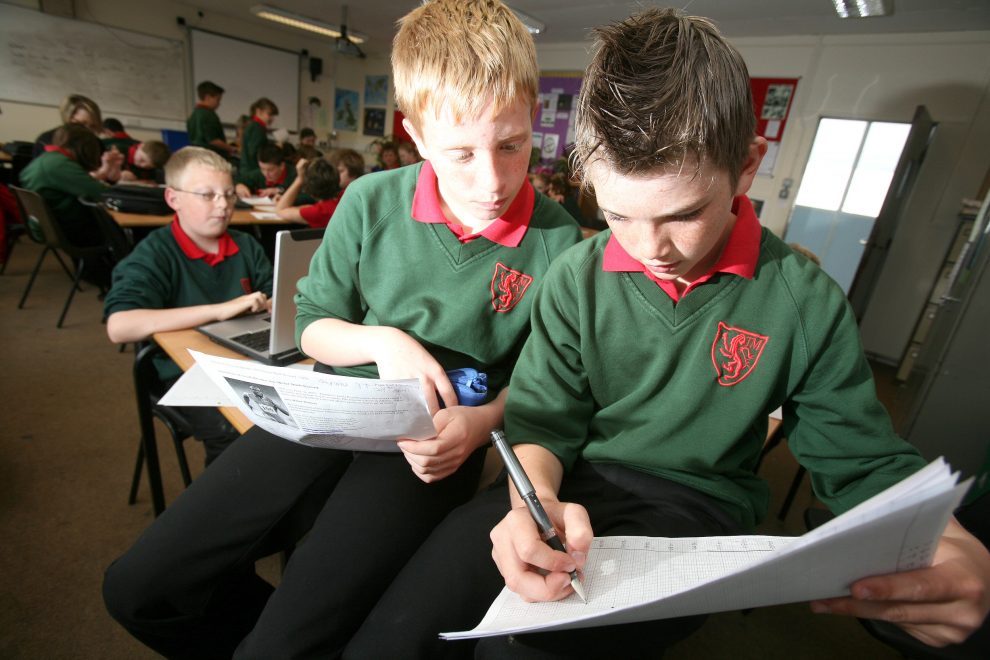WALES continues to have the lowest rate of coronavirus cases in the UK, Welsh Health Minister Eluned Morgan said today.
The minister said the number of confirmed cases in Wales is currently 9.3 per 100,000 people.
Eluned Morgan said: “The number of people in hospital with coronavirus is at the lowest level since the start of the pandemic. We have recently seen a period of 10 days where no new deaths from the virus were recorded – sadly Public Health Wales reported one death yesterday.
“These achievements reflect the hard work of people throughout Wales to keep themselves and their families safe.
“Over recent weeks we have however seen very troubling developments in relation to the so-called India variant of concern – or as the World Health Organisation has re-named it, the delta variant. This is further proof that coronavirus has not gone away.
“We have been carefully monitoring this new variant, which appears to be spreading in many parts of England. We have identified a growing number of cases here in Wales, including a large cluster of cases in Conwy which is under close investigation.
“This delta variant has the potential to become the next dominant strain of the virus in the UK. We hope we can contain cases and prevent this variant spreading further but we expect the number of cases in Wales will continue to increase.
“Whilst the public health situation therefore remains good in Wales, the delta variant brings a new level of uncertainty. It was in this context the most recent review of the coronavirus restrictions took place on 3 June.
“Whilst Wales is moving to alert level one as previously signalled, we will now do this in a phased way.
“Changes to the regulations from 7 June therefore focused on easing restriction on outdoor events and activities. The risk of transmission is much lower outdoors and these changes will allow people to take advantage of the summer.”
Up to 30 people can now meet outdoors, including in private gardens, outdoor hospitality and public places.
Larger outdoor organised gatherings and events for up to 4,000 people standing and 10,000 people seated can also now take place. This includes concerts, football matches and sporting activities, like organised running groups. All organisers must undertake a full risk assessment and put in place measures to prevent the spread of coronavirus, including social distancing.
Finally, provision now allows for extended household to be made up of three households who can meet and have contact indoors. This is an increase from two households previously.
We will consider further changes to the regulations on indoor activity later in the month, if public health conditions allow. In line with the coronavirus control plan, at alert level one this would mean the rule of six would apply for meeting indoors in private homes and in holiday accommodation.
We will also consider increasing numbers for indoor organised gatherings and restarting indoor events.
This phased approach will provide time for more data on the impact of the delta variant to become available. It will also allow time for more people to be vaccinated, which remains our best route out of the pandemic.
I am extremely grateful to Health Board vaccination teams, local partners and the many volunteers across the country for the incredible progress of our vaccination programme.
At this rate, and subject to supply, we expect to have offered all adults 18 and over their first dose by early next week and to have hit our 3rd milestone of an uptake of 75% in all of the age ranges by the end of June, a month earlier than expected. In reality, the percentage of people who have taken up their offer of a vaccine is far higher, which was always our aim.
We are currently recognised as the world Leader amongst countries over 1 million inhabitants. We have vaccinated more than 86.5% of the adult population with their first dose and nearly half have completed the two-dose course.
Yesterday I published an update to our COVID-19 Vaccination Strategy.
The updated strategy looks back at what has been achieved to date and sets out preparations for what comes next, potentially including a booster for our most vulnerable citizens and a vaccine for children and young people. We are also planning to reoffer the vaccine to those who did not take up the original offer. The roll out of second doses will also continue.
To underpin this delivery, an online system will be established in the Autumn to allow people to book appointments convenient for them. This system could potentially be used for other vaccinations moving forward.
Wales’ successful Test, Trace, Protect service was established a year ago. The Welsh Government has allocated an additional £32m to health boards and local authorities to extend contact tracing until the end of March 2022. This increases the total Welsh Government investment in contact tracing this financial year to £92m.
On 2 June we also published a refreshed Test, Trace, Protect strategy setting out how the service will adapt and respond to the pandemic in the months ahead. This includes strengthening and enhance the tracing of variants of concern, as well as the management and quarantine of people returning to Wales from red and amber-list countries.
On 20 May I set-out plans for a £100m investment to kick-start the health and care system’s recovery from the COVID-19 pandemic. This money will provide for new equipment, staff, technology and ways of working to help health boards increase capacity and cut waiting times.
As we begin resuming non-emergency care following the pandemic we have an opportunity to create a health and care system fit for the future.
Following the three week review of the restrictions on international travel, we are following the same traffic-light approach to international travel as the rest of the UK.
From today Portugal has been moved from green to the amber list. This decision follows increased concern in the spread of variants, including a mutation of the Delta variant, and the risk posed of bringing these back to the UK if people are not required to quarantine.
Seven countries have also been added to the red list, including Egypt and Sri Lanka.
I have today described some of the most recent developments in our ongoing efforts to tackle coronavirus. It remains vital we continue to work together to keep each other safe and to keep Wales safe.


















Add Comment